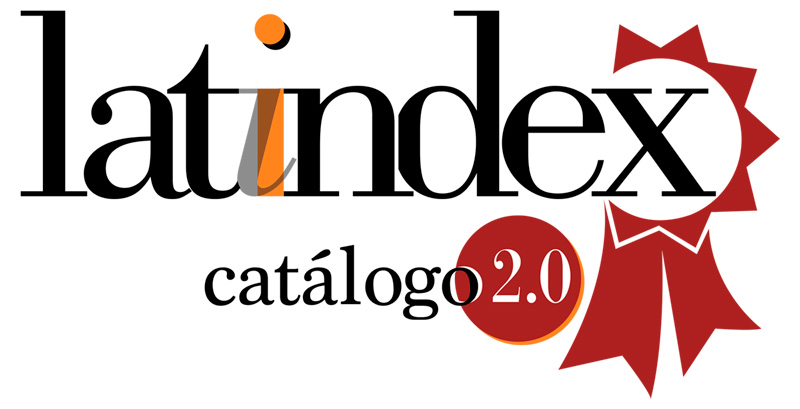Conservación de la lengua castellana a través de los ámbitos de la escritura, la investigación y la publicidad. Entrevista al Dr. Ignacio Bosque Muñoz, académico de número de la Real Academia Española
DOI:
https://doi.org/10.35626/cl.17.2020.285Palabras clave:
Real Academia Española, castellano, diccionario, lenguaje, lingüísticaResumen
En esta entrevista se resolvieron las interrogantes formuladas y orientadas a la preservación de la lengua castellana en Hispanoamérica. En principio, se abordaron tres temas fundamentales derivados de esta propuesta: la escritura, la investigación y la publicidad. Con el primer tópico, se discernió la función de las normativas, los diccionarios y los manuales elaborados por la Real Academia Española. Su intervención es enjundiosa, ya que direcciona al lector y académico al perfeccionamiento de su lenguaje, con la finalidad de que no reincida en errores gramaticales. El segundo rubro abarca la investigación. Esta fue destacada porque facilita la interacción de los hablantes de la lengua castellana con las metodologías que se instauran para configurar un lenguaje totémico. Además, se asume que la única manera de difundir y contribuir a ese conocimiento sería por medio de las publicaciones científicas. La tercera variante consiste en cómo se inserta esta inquietud en torno a la lengua castellana en los ámbitos publicitarios. Esto es neurálgico por su audiencia limitada y el desinterés de respaldo por los Gobiernos. Frente a ello, consideré que el Dr. Ignacio Bosque Muñoz era la persona idónea para confrontar esta realidad sobre el castellano. Su rol importante en la RAE y la Asociación de Academias de la Lengua Española (ASALE) lo amerita, así como sus publicaciones orientadas al estudio del idioma con enfoques gramaticales. Con su interacción, la volición de este trabajo se evidenciará con la explicación del panorama vigente de la lengua y su preservación, como cuando uno desea comprender el Quijote, entender las contribuciones gramaticales y lexicales de la RAE y la ASALE o cuestionar la proliferación del idioma desde los medios de comunicación. La auscultación de esas oscilaciones será el aporte de esta entrevista.








